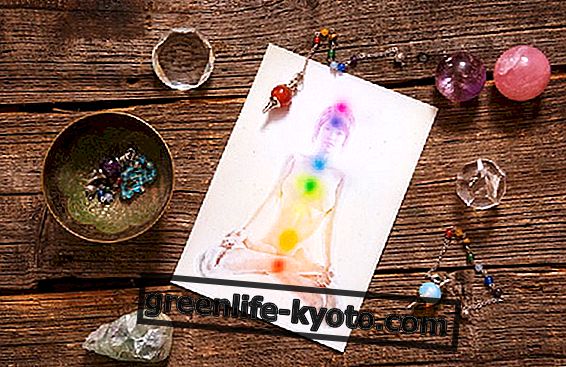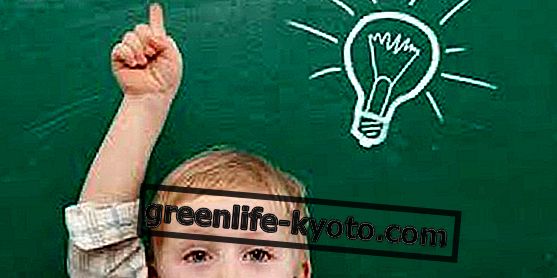
We do not sleep because we have given ourselves in all day. And getting off seems impossible. You don't sleep because in the evening the dish is too full. We do not sleep for thoughts, which pile up. We do not sleep because the next day will be the same as the previous one.
There is no "give in". There is no "disconnect". There is no eating without listening to the walls of the stomach. There is no such thing that thoughts crowd over. There is no one day that is the same as the previous one.
And I'm not saying it. Nature tells us. The natural course of things. Yoga - union - is natural, as such. And it can help, in some cases of insomnia, to find the rhythms or rediscover new ones, adherent to what lives there.
Learn from practice
Savasana (the position of the dead or the corpse) can be propaedeutic for sleep. The practitioner who listened during the lesson brings home this significant fortune: having forgotten about time and words for a time that otherwise, perhaps, would have kept him alert and at attention, even unjustifiably.
Placing one's hands on the abdomen, enjoying the uplift in the inhalation and the slow lowering of the exhalation, one comes into contact with a deep part and realizes something different from the banal and sometimes useless to force oneself to sleep at all costs, continuing fight with fatigue.
In some cases of insomnia, it may be useful to leave in Uttanasana, to dive, leaving the nape free, the cheeks heavy, placing the head below the heart, stimulating the baroreceptors which have a great calming effect. Muscles benefit greatly, the mind relaxes.
Sleeping is forgetting ourselves, it's a gift we make ourselves, we have the miracle of making ourselves every night. And this forgetting turns into a deep memory and real life, because in the REM phase we creatively combine memories that are also very far apart.
The life of the mind at night. Body life at night.
I have always liked the definition of insomnia given by Marguerite Yourcenar : "The obsessive obstinacy of our mind to make thoughts, reasonings, syllogisms and definitions all of its own".
Deep sleep
I was very struck by information I learned from a recent article in the Yoga Journal dedicated to Roger Cole, an Iyengar teacher who has been involved in research and experimentation for some time about the link between sleep and yoga. In this interview, Cole explains that "during the deep phase there is a real paralysis. If you could do stretching from sleep, you could get totally stretched, because during some phases of sleep the muscles have no tone."
Isn't it gorgeous?
We need sleep. In sleep we get rid of all the information we wouldn't spend anyway. Cole himself defines sleep as a "reversible temporary loss of consciousness". Above all, sleep is a beauty cure, the first real thing of beauty.
How much to sleep? Everyone has his time, which corresponds to a precise balance . It's called the circadian rhythm and it's the body's internal clock. Start making it your friend; eat according to regular meals, move the body, spend time with those who make you laugh, read what your mind is hungry, walk.
And make sure that the rest area remains sacred, intact, with the right light, plausible isolation from external noise. Create conditions so that the desire to be with you or your loved one becomes natural, intense and relaxed together.












